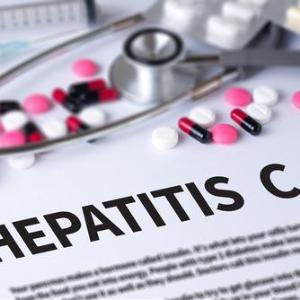People who inject drugs (PWID) with low adherence to sofosbuvir/velpatasvir can still be cured of hepatitis C virus (HCV) infection, suggests a study.
Daily adherence to once-a-day sofosbuvir/velpatasvir during the 12-week treatment period among active PWIDs was measured using electronic blister packs. A total of 496 participants who received direct-acting antivirals (DAAs) had available blister pack data.
The authors then summarized adherence in multiple patterns, including total adherent days, consecutive missed days, and early discontinuations. They also determined the thresholds for adherence patterns associated with >90-percent sustained virologic response (SVR) rates.
Overall, the rate of SVR was 92.7 percent, with a median adherence rate of 75 percent. All adherence patterns indicating greater adherence showed a significant association with achieving SVR.
Participant groups with ≥50-percent (>42 of 84 days) adherent days or <26 consecutive missed days achieved greater than 90-percent SVR rate. Greater total adherent days during 9‒12 weeks and no early treatment cessation resulted in better SVR rates only in those with <50-percent adherence.
On the other hand, SVR rates were low among participants with first month discontinuation (25 percent) and ≥2 weeks of treatment interruption (85 percent). Notably, greater adherent days significantly correlated with SVR (adjusted odds ratio, 1.10, 95 percent confidence interval, 1.04‒1.16; p<0.001) even among those with ≥14 consecutive missed days.
“Encouraging patients to take as much medication as possible, with <2 weeks consecutive missed days and without early discontinuation, was found to be important for achieving SVR,” the authors said.
“DAAs are highly effective for treating HCV infection even among PWID,” they noted.

